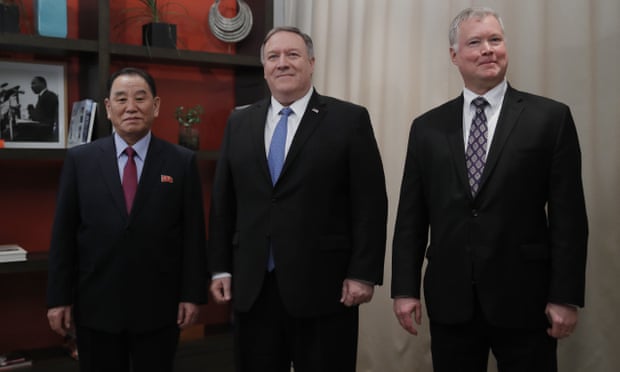
Stephen Biegun says Kim Jong-un has committed to ‘destruction’ of plutonium and uranium sites ahead of talks
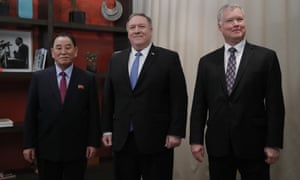
The US’s special envoy for North Korea has said Donald Trump was willing to offer diplomatic relations and economic aid in return for progress towards “closing the door on 70 years of war and hostility” on the Korean peninsula.
Stephen Biegun, who is due to visit Seoul on Sunday for talks with his counterpart, Kim Hyok-chol, warned that Washington has “contingencies” in place if denuclearisation talks fail, but said: “President Trump is ready to end this war. It is over. It is done. We’re not going to invade North Korea. We are not seeking to topple the regime.”
Speaking weeks before Trump is due to meet the North Korean leader Kim Jong-un in a second summit, Biegun said the denuclearisation process relied on Pyongyang providing a detailed account of its nuclear and missile programmes.
“Before the process of denuclearisation can be final, we must have a complete understanding of the full extent of the North Korean weapons of mass destruction and missile programmes through a comprehensive declaration,” Biegun said in a speech at Stanford University in California on Thursday.
Biegun noted that Kim had committed – both at his first summit with Trump in Singapore last summer and in follow-up talks with the US secretary of state, Mike Pompeo – to “the dismantlement and destruction” of all North Korean plutonium and uranium sites.
He added: “We must reach agreement on expert access and monitoring mechanisms of key sites to international standards, and ultimately ensure the removal or destruction of stockpiles of fissile material, weapons, missiles, launchers and other weapons of mass destruction.”
Biegun went further than other US officials in listing Washington’s demands and conceded that there was “more work ahead of us than behind us”.
He struck a more cautious tone than Trump, who appeared upbeat about the prospects for a breakthrough during his second summit with Kim, which many believe will take place in Vietnam at the end of February.
Trump told reporters at the Oval Office on Thursday that he was making “tremendous progress” with North Korea. “They very much want the meeting. And I think they really want to do something, and we’ll see,” he said, adding that the date and location of their meeting would be announced early next week, probably during his State of the Union address on Tuesday.
Kim signed a vaguely worded agreement committing the North to work towards the denuclearisation of the Korean peninsula when he met Trump last June.
We did not say we will not do anything until you do everything
But negotiations have made little progress since then, with North Korea accusing the US of failing to reciprocate after it took steps to dismantle some of its weapons facilities and freeze missile and nuclear tests.
Biegun said the US had eased the rules on the provision of humanitarian aid for the North, adding that he would discuss other “corresponding measures” when he meets Kim Hyok-chol in the South Korean capital.
“From our side, we are prepared to discuss many actions that could help build trust between our two countries and advance further progress in parallel on the Singapore summit objectives of transforming relations, establishing a permanent peace regime on the peninsula, and complete denuclearisation.
He said Washington would not lift sanctions until denuclearisation was complete, but added: “We did not say we will not do anything until you do everything. If we are doing the right thing on nuclear weapons, it makes it a lot more conceivable that there would be a permanent peace regime on the Korean peninsula.”
But years of false dawns over North Korea’s nuclear weapons programme meant Washington had to prepare for the possibility of failure. “We need to have contingencies if the diplomatic process fails - which we do,” he said.
Biegun held out hope, however, that the US and North Korea would end decades of hostility, despite the failure of previous administrations to pressure the regime into abandoning its pursuit of a nuclear deterrent. In Trump, he said, the US “has a leader who, more so than any previous president, is deeply and personally committed to once and for all bringing an end to 70 years of war and hostility on the Korean peninsula”.
As 2019 begins…
… we’re asking readers to make a new year contribution in support of The Guardian’s independent journalism. More people are reading and supporting our independent, investigative reporting than ever before. And unlike many news organisations, we have chosen an approach that allows us to keep our journalism accessible to all, regardless of where they live or what they can afford. But this is only possible thanks to voluntary support from our readers – something we have to maintain and build on for every year to come.
Readers’ support powers The Guardian, giving our reporting impact and safeguarding our essential editorial independence. This means the responsibility of protecting independent journalism is shared, enabling us all to feel empowered to bring about real change in the world. Your support gives Guardian journalists the time, space and freedom to report with tenacity and rigor, to shed light where others won’t. It emboldens us to challenge authority and question the status quo. And by keeping all of our journalism free and open to all, we can foster inclusivity, diversity, make space for debate, inspire conversation – so more people, across the world, have access to accurate information with integrity at its heart. Every contribution we receive from readers like you, big or small, enables us to keep working as we do.
The Guardian is editorially independent, meaning we set our own agenda. Our journalism is free from commercial bias and not influenced by billionaire owners, politicians or shareholders. No one edits our editor. No one steers our opinion. This is important as it enables us to give a voice to those less heard, challenge the powerful and hold them to account. It’s what makes us different to so many others in the media, at a time when factual, honest reporting is critical.
Please make a new year contribution today to help us deliver the independent journalism the world needs for 2019 and beyond.
The Guardian

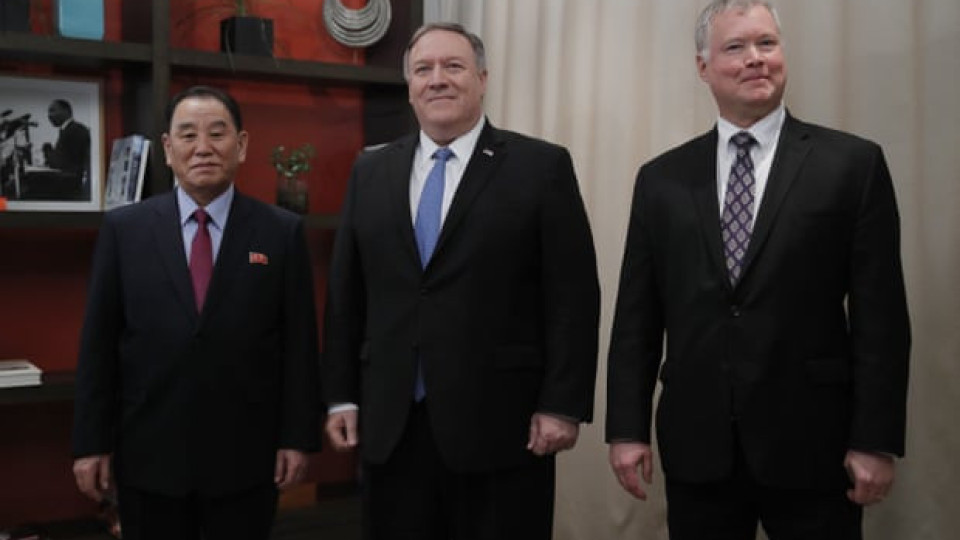
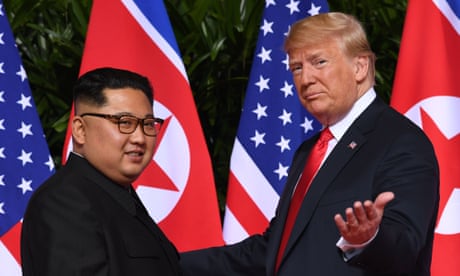
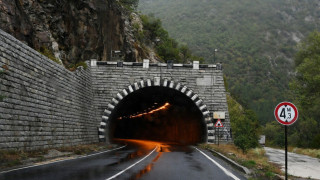




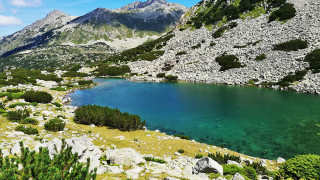
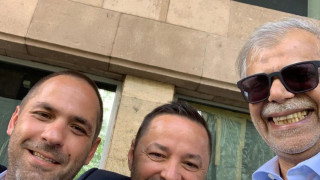
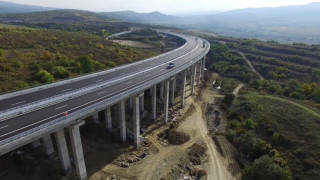
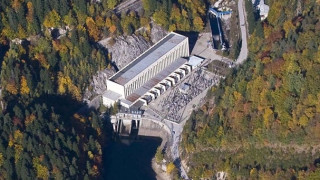

Leave a comment